
HYDERABAD URBAN LAB
Presents
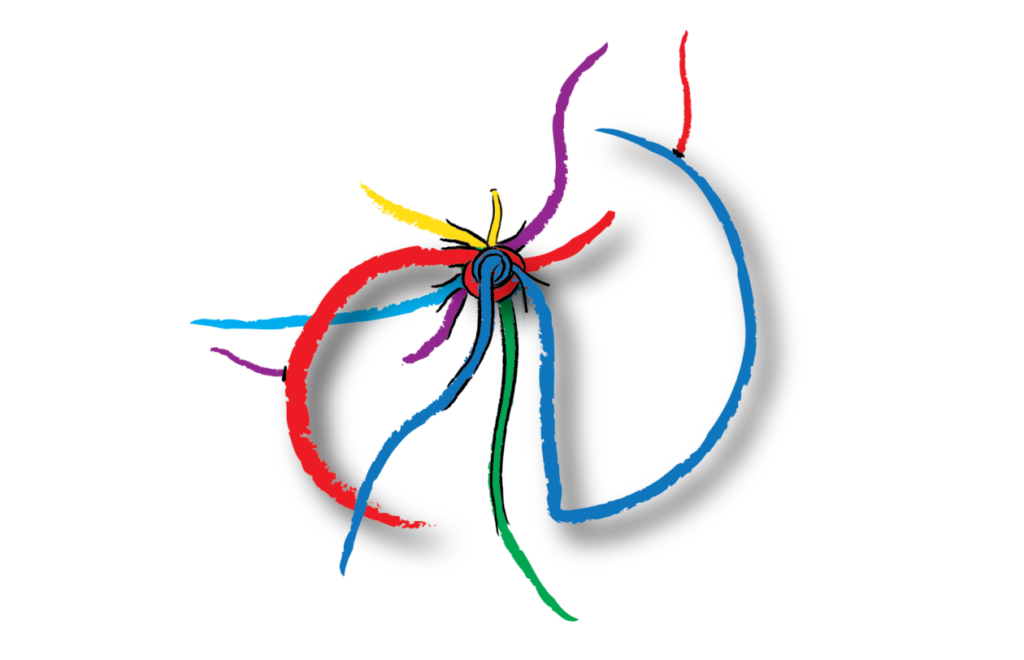
DO DIN 2019
as a part of
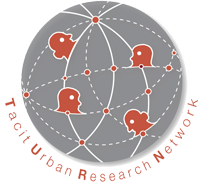



Incomplete City…
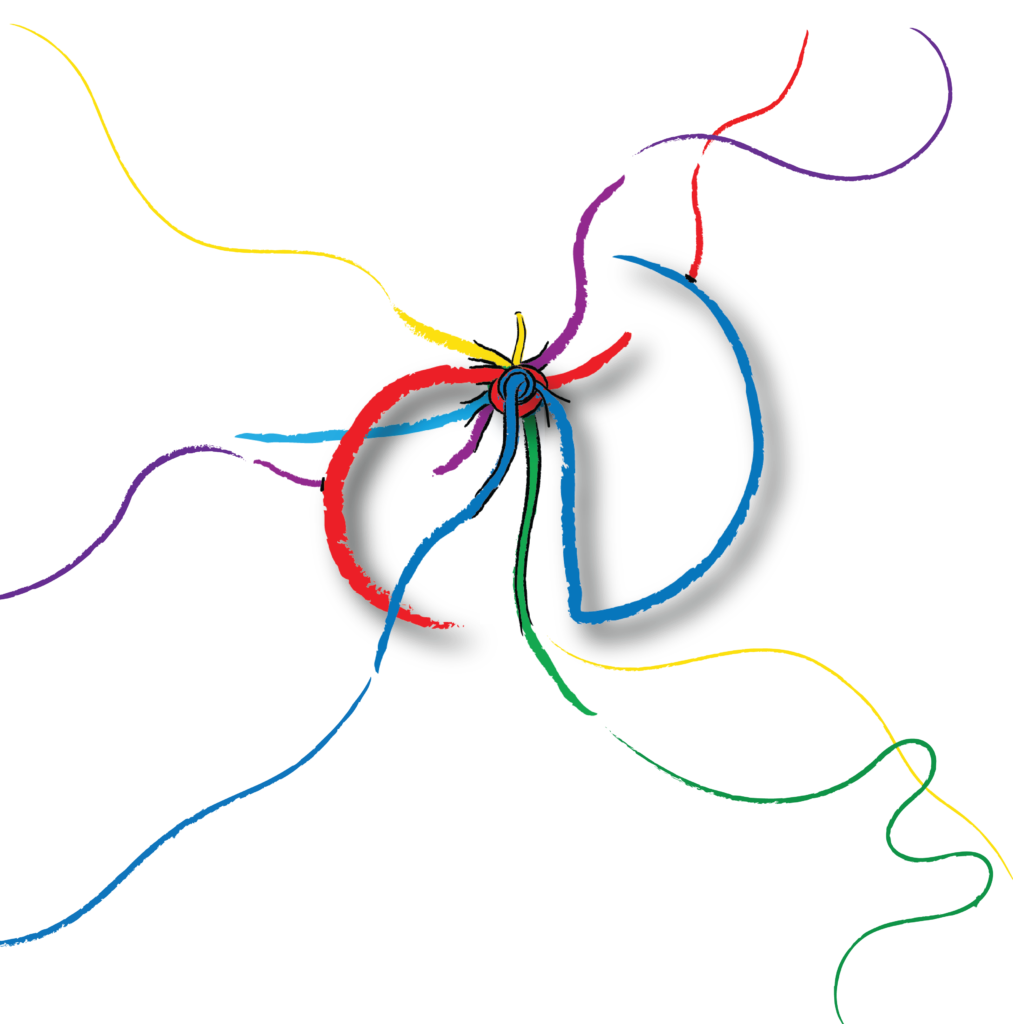
always a work in progress ‘
Incomplete not in the sense of the buildings and roads but rather in the context of people, environment, relationships, struggles, accomplishments, public action and much more
Incomplete, therefore holding promising and potential.
HUL Team Speaks
Our Friend on Do Din 2019 Theme
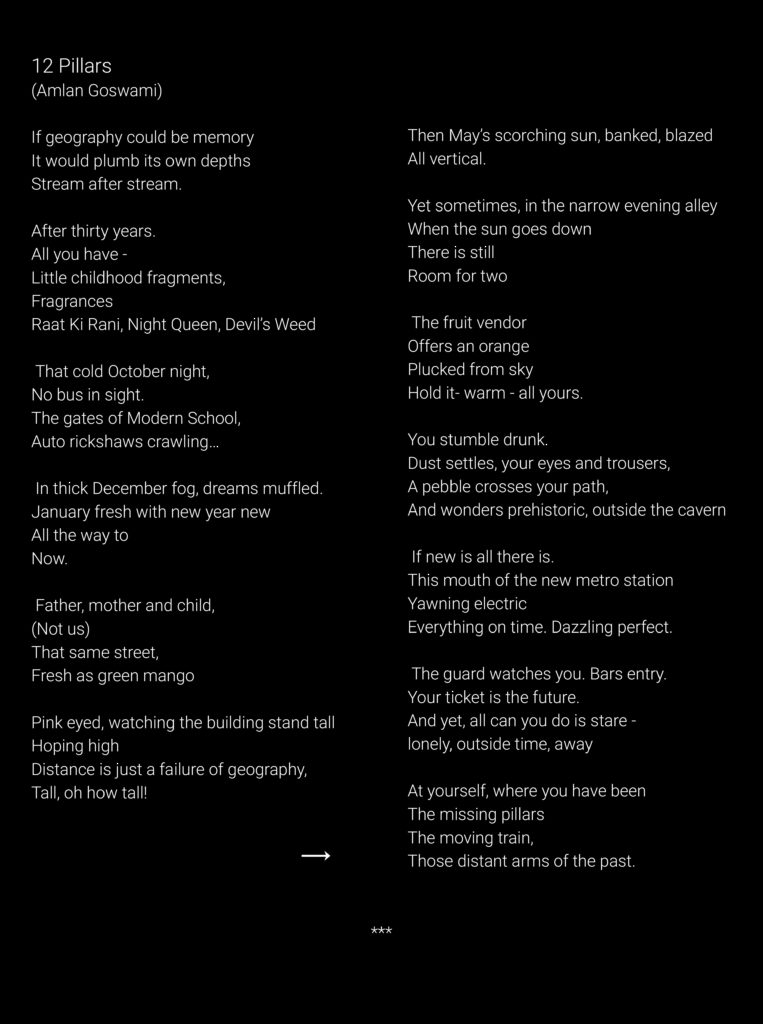
RECAP
What is Do Din
Do Din, simply means ‘two days’. In December every year, Hyderabad Urban Lab hosts a two day long open event at Vidyaranya School, Hyderabad for everyone interested and invested in the urban. In its fifth iteration the event has attempted once again to bring together diverse urban dwellers to share, participate, learn, teach, discover and perform around a theme. The theme of Do Din 2019 is: Incomplete Cities: Multiple strands emerging from the core city keeping it fluid, flexible
Who Owns Do Din?
The organising committee of the first Do Din (2013) was an organic collective of individuals and groups of people who met under the aegis of HUL. When the question arose, “who owns Do Din?” the unanimous response was that the city and its people and all those who are part of Do Din own it. However there needs to be a core team that can organise the event and host it. HUL gave itself the mandate to fulfil this role. Over the years HUL also began to integrate its own work in research, engagement and pedagogy into the annual event alongside the work of guest organisations and individuals.
HUL maintains that Do Din belongs to everyone who chooses to be part of it.
Do Din turns six
Do Din has always been about our shared urban pasts, presents and futures. Do Din has always been about a sense of urgency (as much as it has been about exploration and pausing); about a sense of junoon (as much as it has been about awargi). It has been about Hyderabad, but also about all other urban places.
The events of the past year, necessarily show up in our discussions even as the portents of the coming year foreshadow it.
Do Din 2019 is themed around the idea of incompleteness – adhoorapan, asampurnata. The urban as a site where things happen, a medium through which things happen, a beginning and a culmination – where dreams are shattered, come to fruition and start anew.
We have, as usual, a number of workshops, performances, lectures, panels and just plain and simple hanging around planned. As we move closer to the dates and as we begin to reflect on the agenda, we are becoming acutely aware of the special circumstances of this year’s do din. For us at HUL, this urban homecoming event now appears with a certain maturity of ideas, practices that belong to its own. It belongs to Hyderabad, it belongs to all our cities.
It is also clear to us now, that Do Din was never exclusively about cities and the urban – certainly not in the technical and jurisdictional sense. The urban at Do Din has never begun in the city, nor did it end in the city. Its boundaries have been fluid, stretching and shrinking, rising up in scale to the global and collapsing down into the neighborhood. Through stories, and performances we travelled with the watchman, and IT professional, the dhobi and the surgeon, the safai karmachari and the transportation expert, the postwoman and the surgeon, the bus driver and the lawyer. We felt the pain and the confusion of blurred identities and sexual orientations at home and at work, and we were elated by the assertion of the girls who took the football ground.
As we gather for Do Din this year, we are aware that this year, the national scale and the regional scale, the question of our identities and our citizenship their provisional closures and the universal openness will cut through all our discussions. We will talk about design and digital data, water conservation and incremental housing. We will talk about the banta aur bigadtaa shehar – the adhoora shehar. This place called the urban where our dreams are take wings and get broken. We will resist forced closures. We will feel our way through multiple scales.
As we gather for Do Din this year, we are aware of the fact that, India is a place for young people like never before. The demographic pyramid has acquired a distinct bulge at the middle – 65 per cent of Indians today are below 35 years of age. The idea of India will be your idea of India. You are the people we want to listen to and speak with. Hope to see you all there.

Preview
Day 1
Day 2
Installations and Exhibits
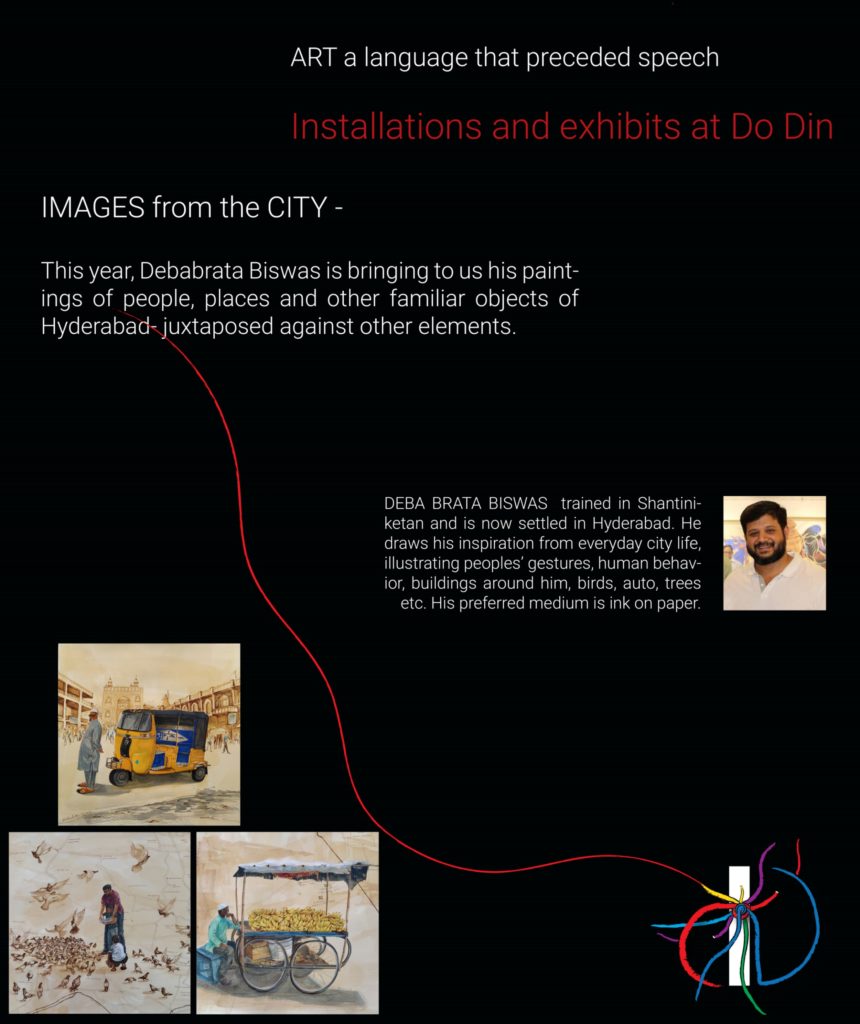
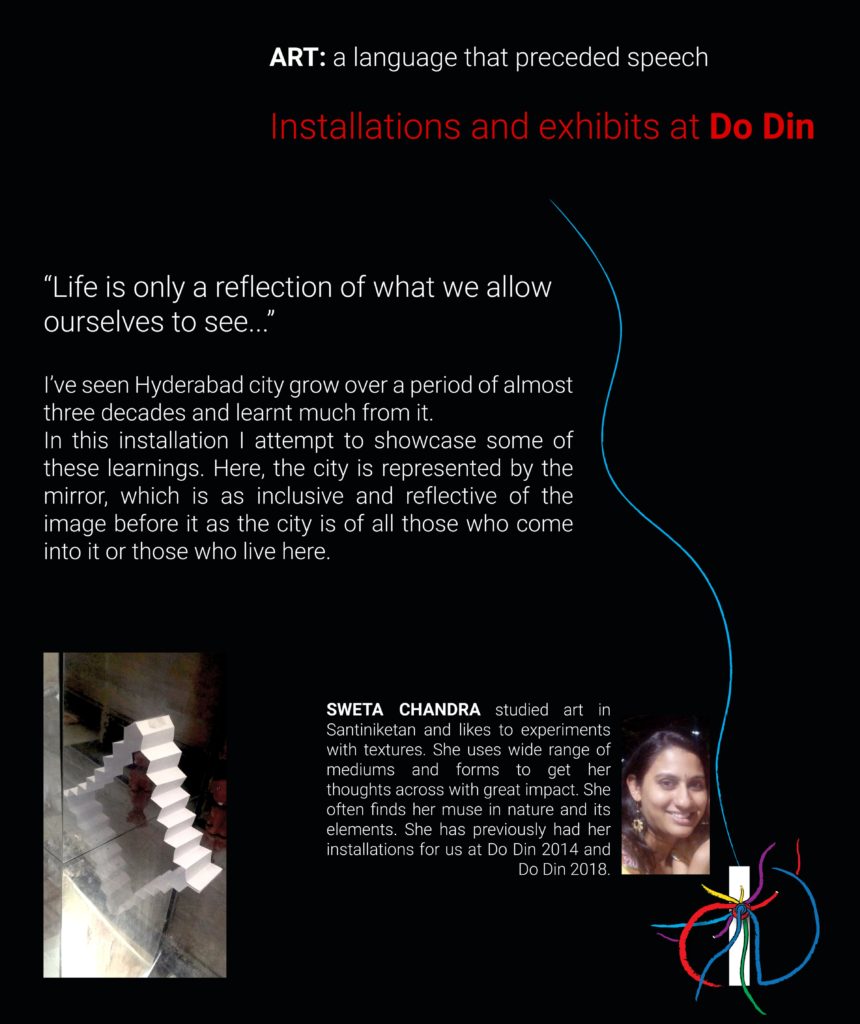
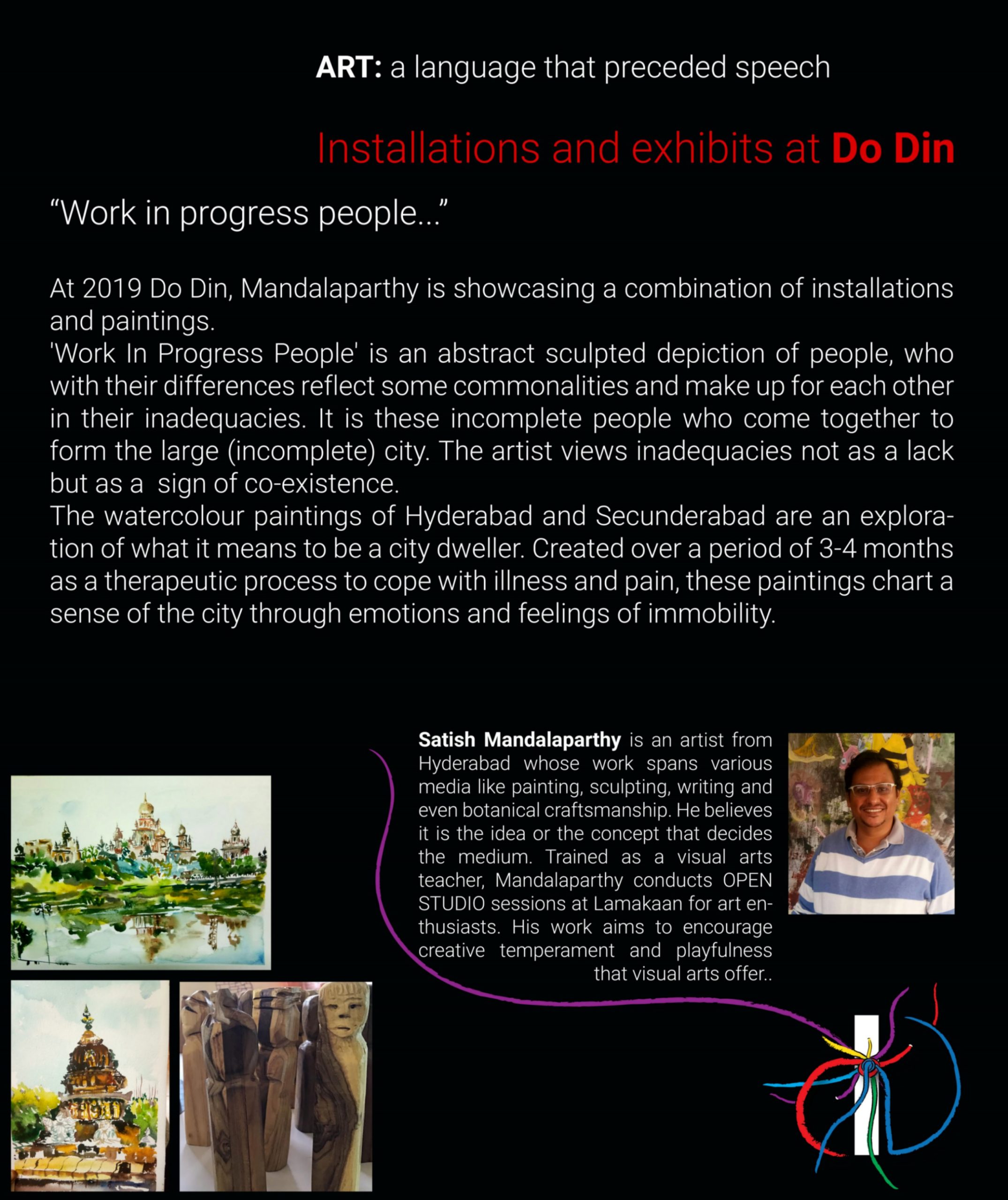
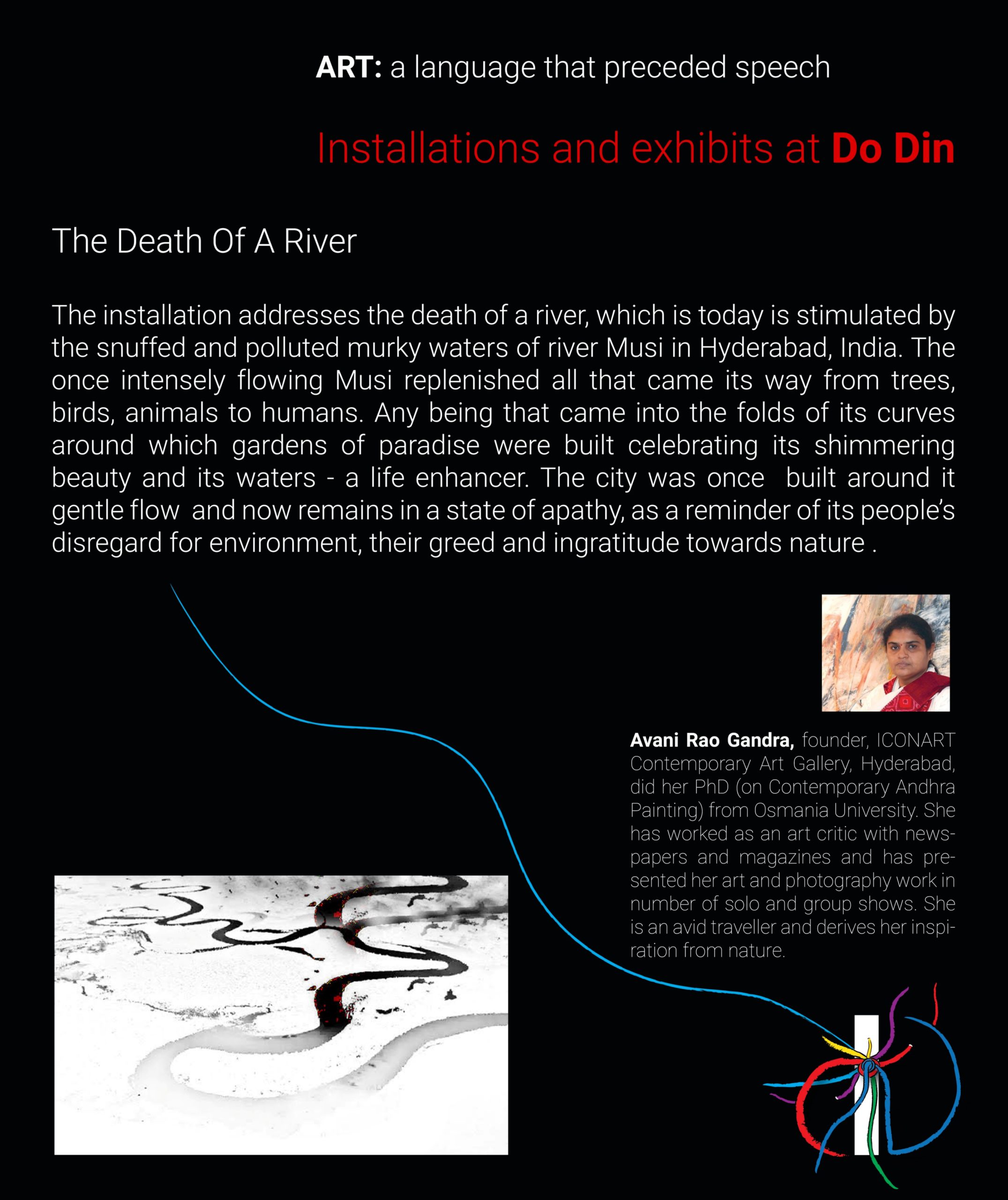
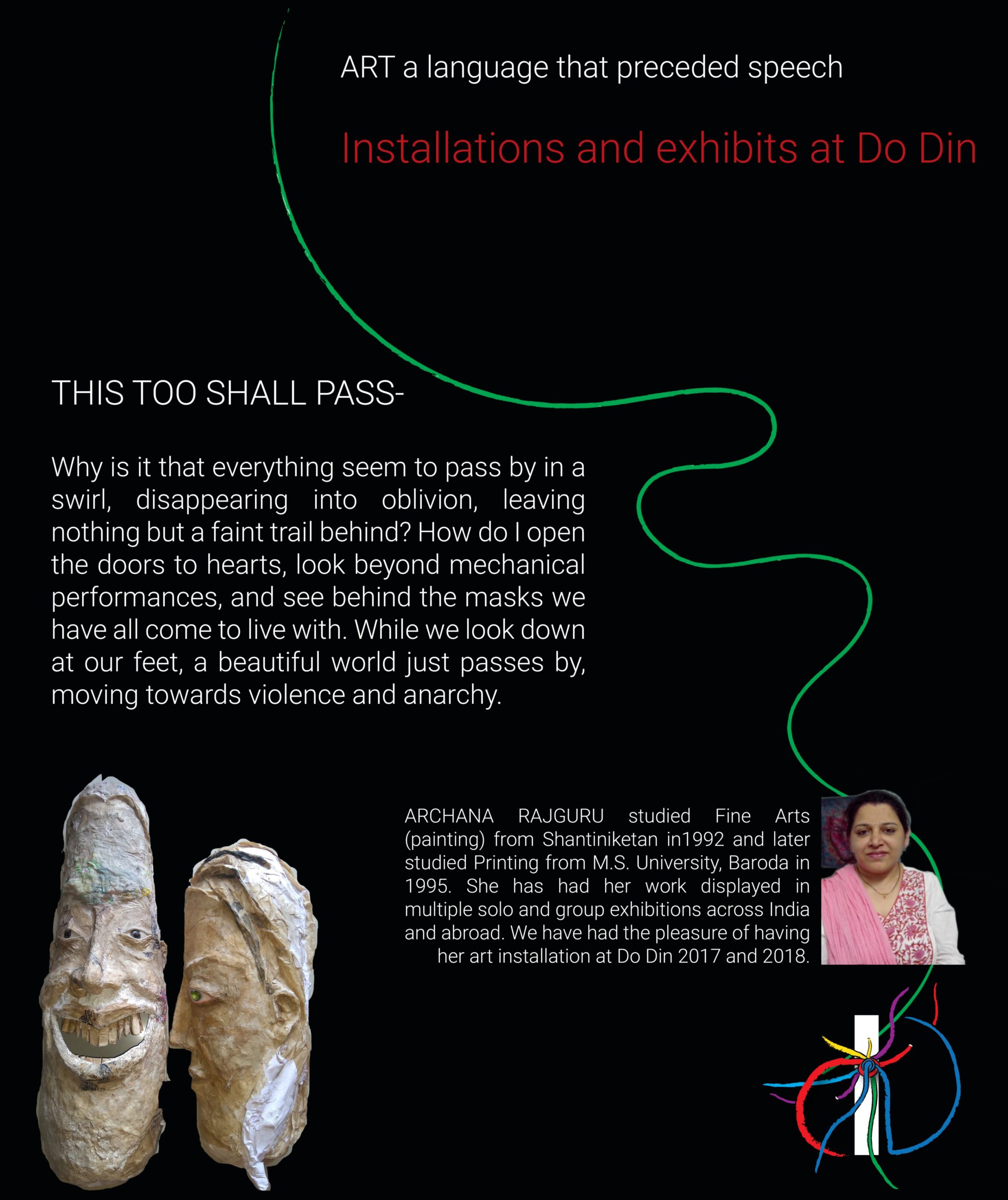
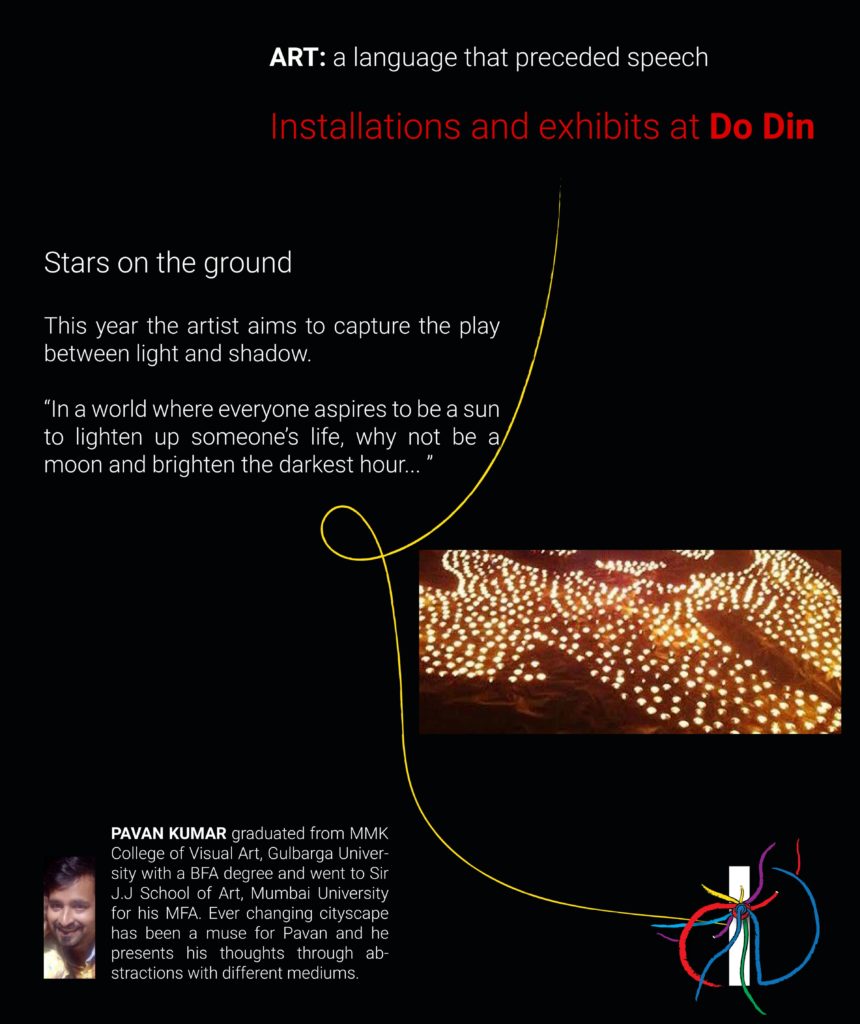
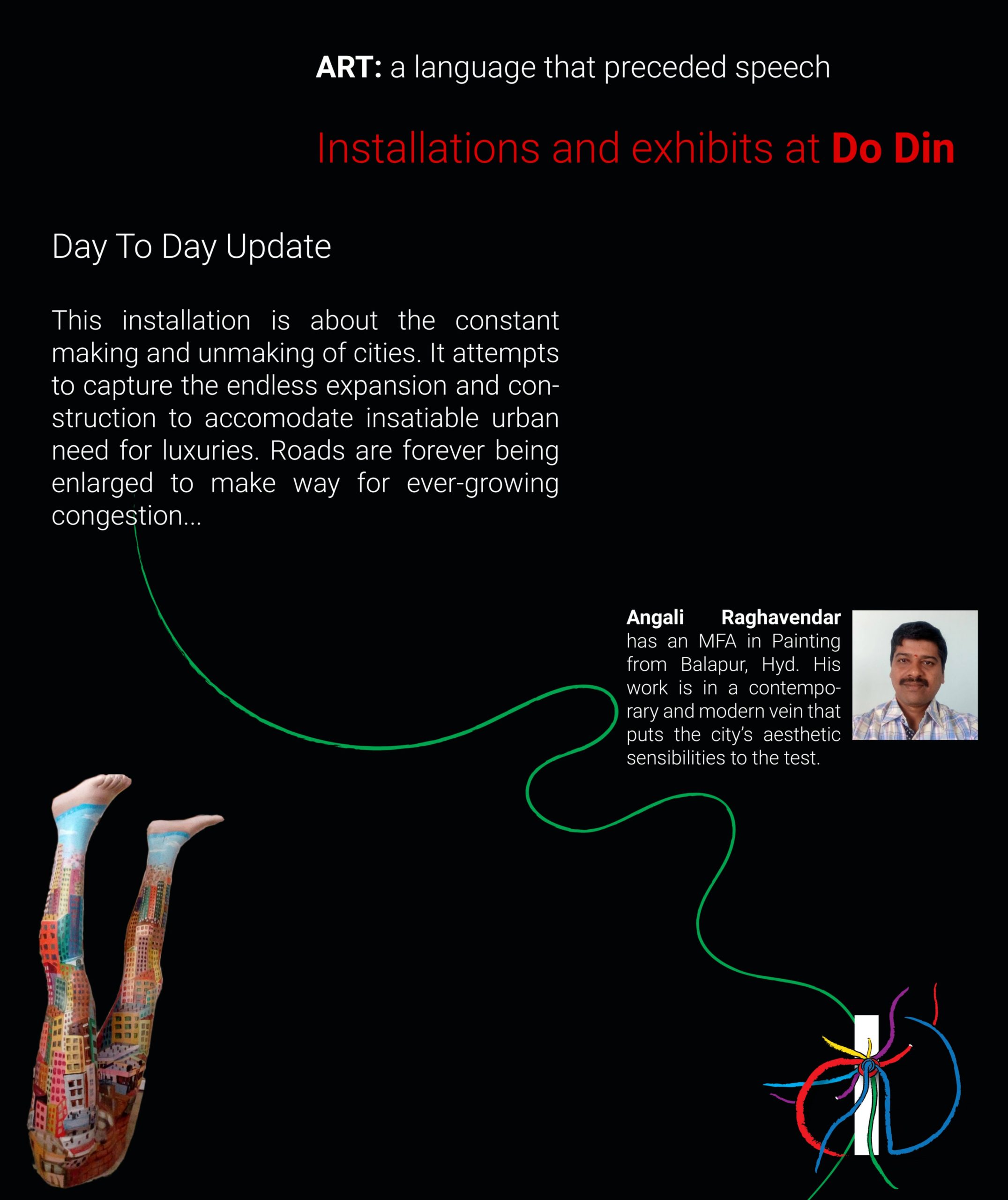
Workshops
Design Workshop
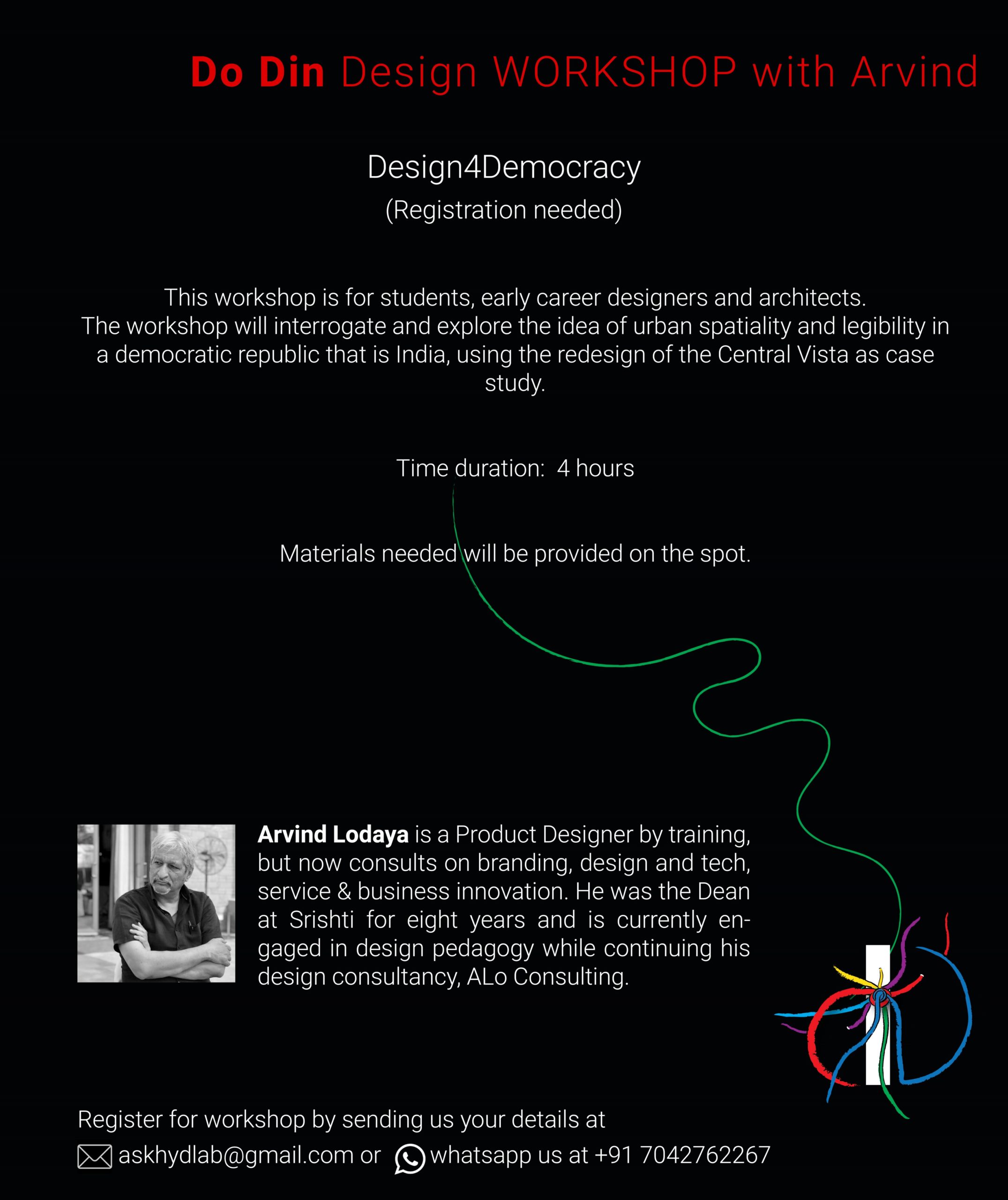
Art Workshop
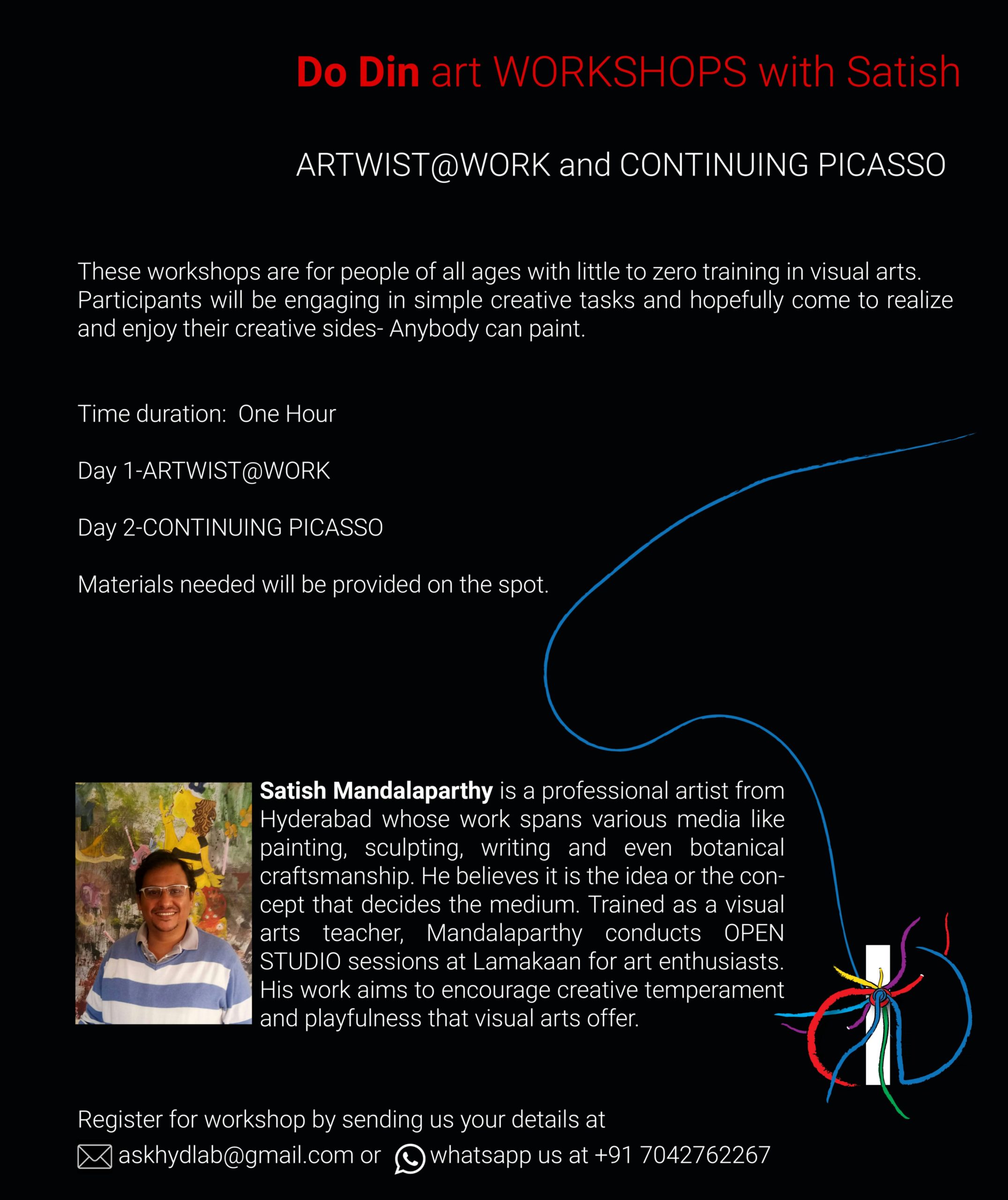
These workshops need prior registration.
For registration, please write to us with your details
Email: askhydlab@gmail.com
Whatsapp: +91 7042762267
Performances
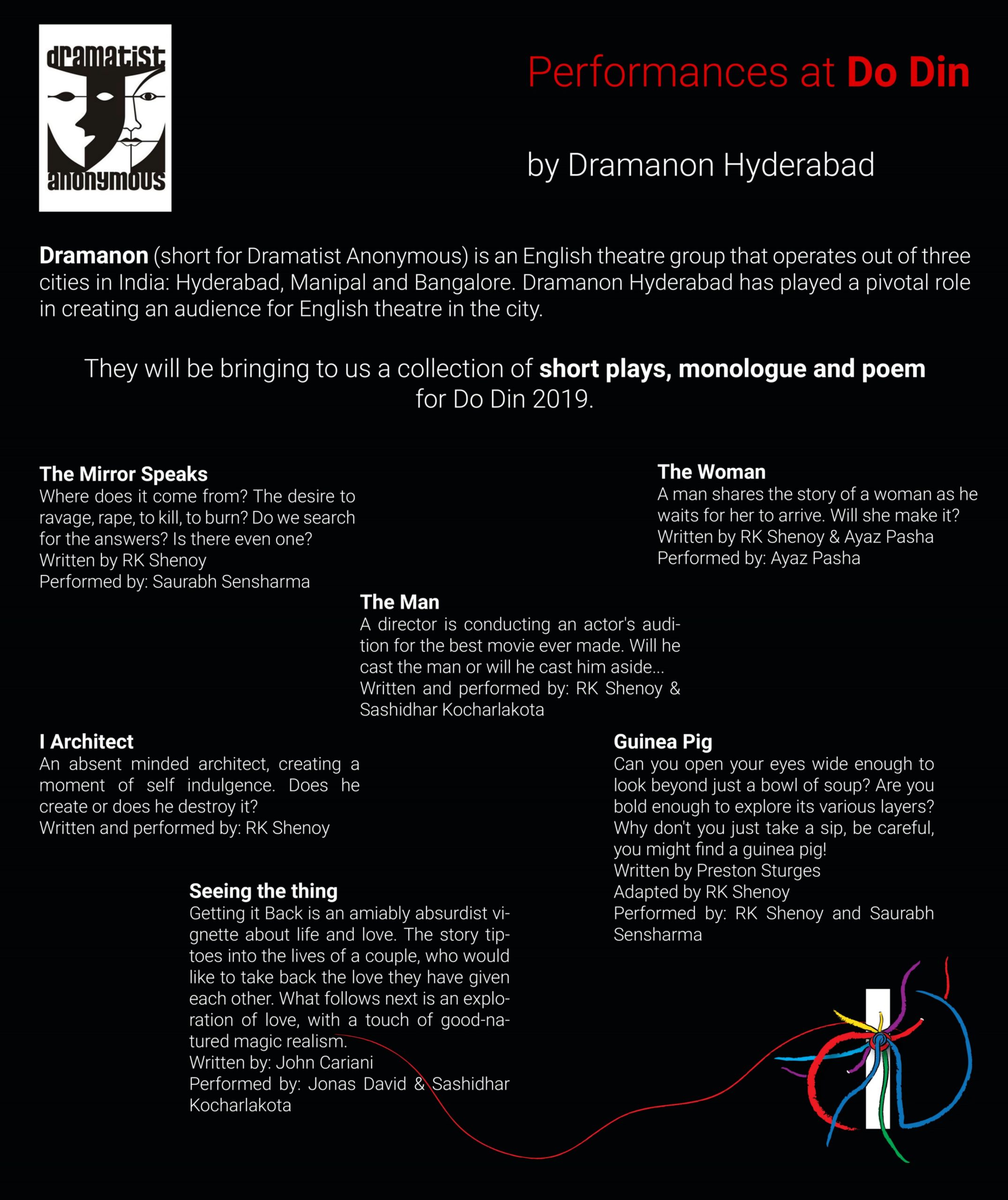

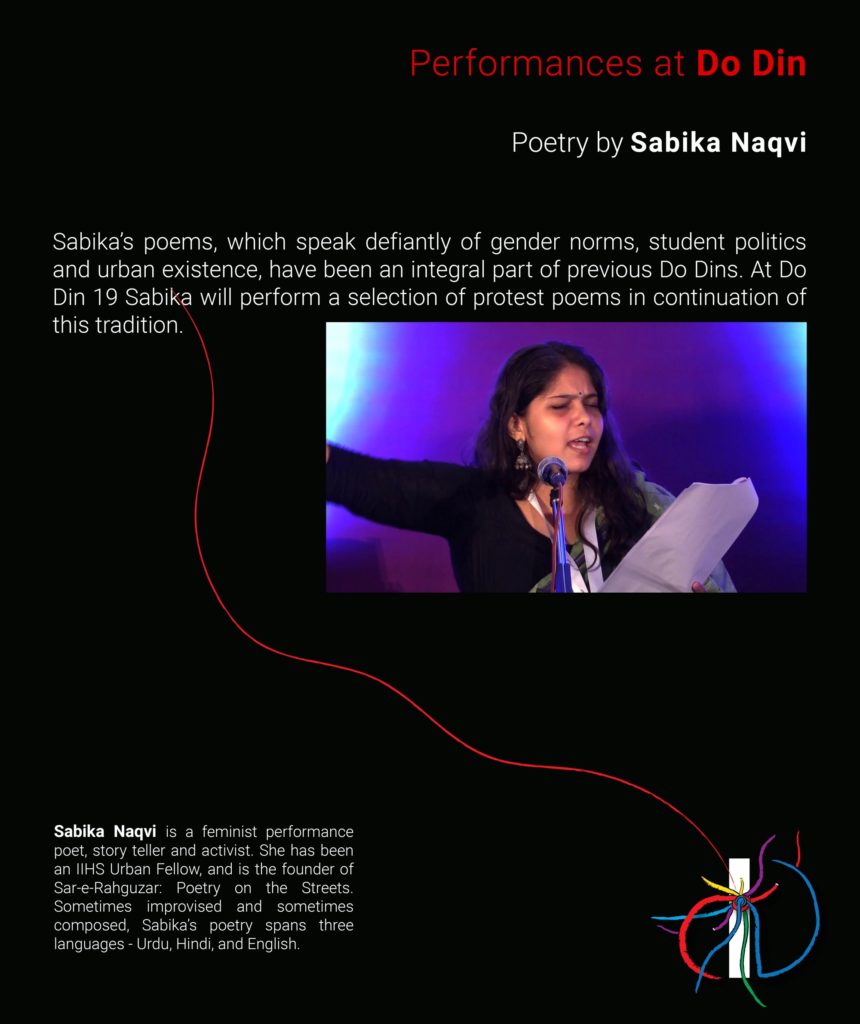
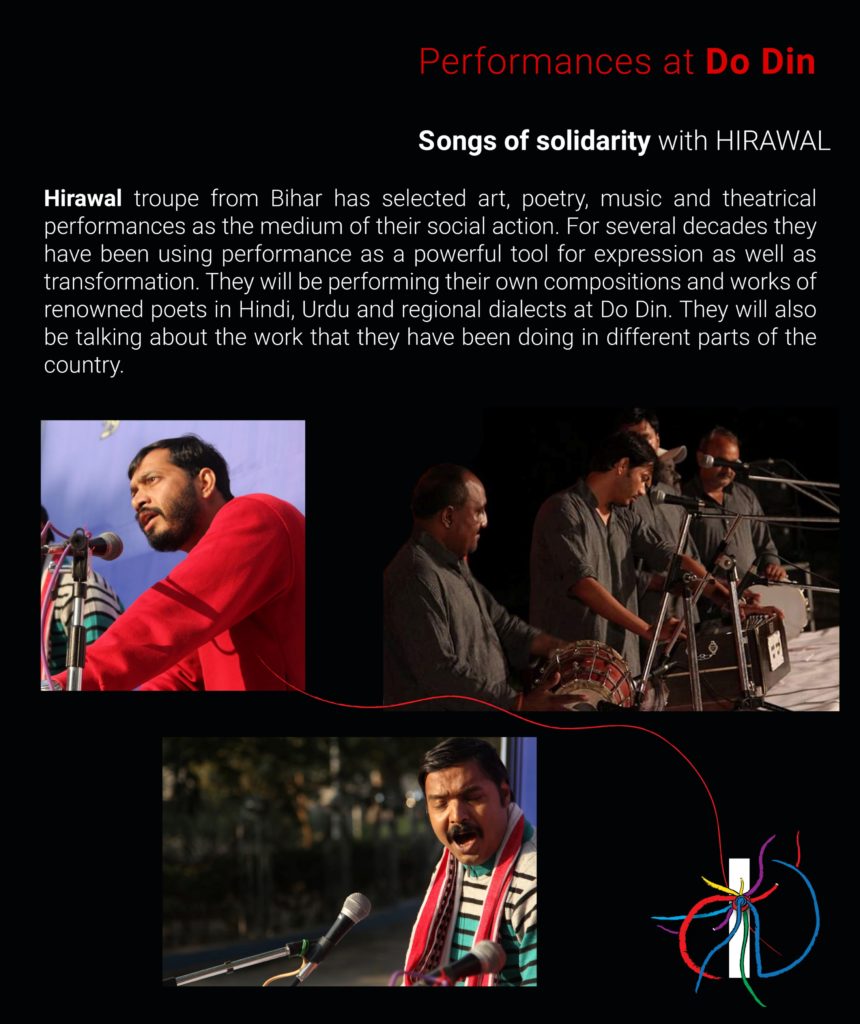
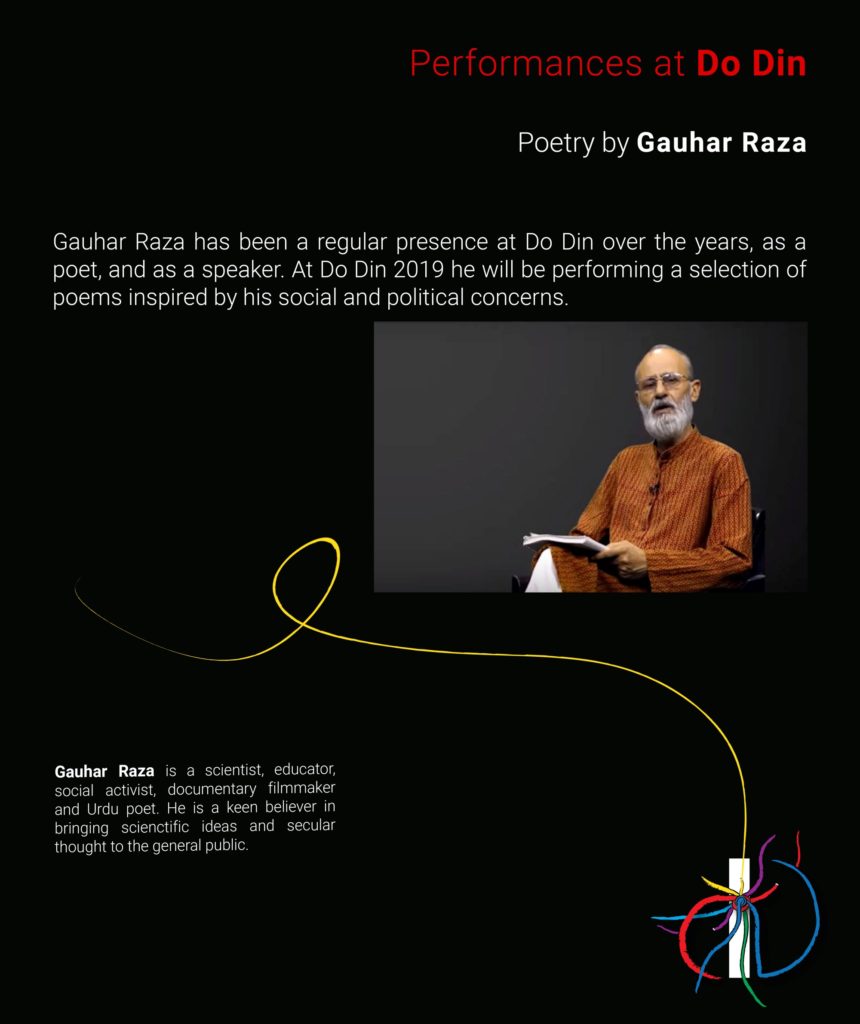
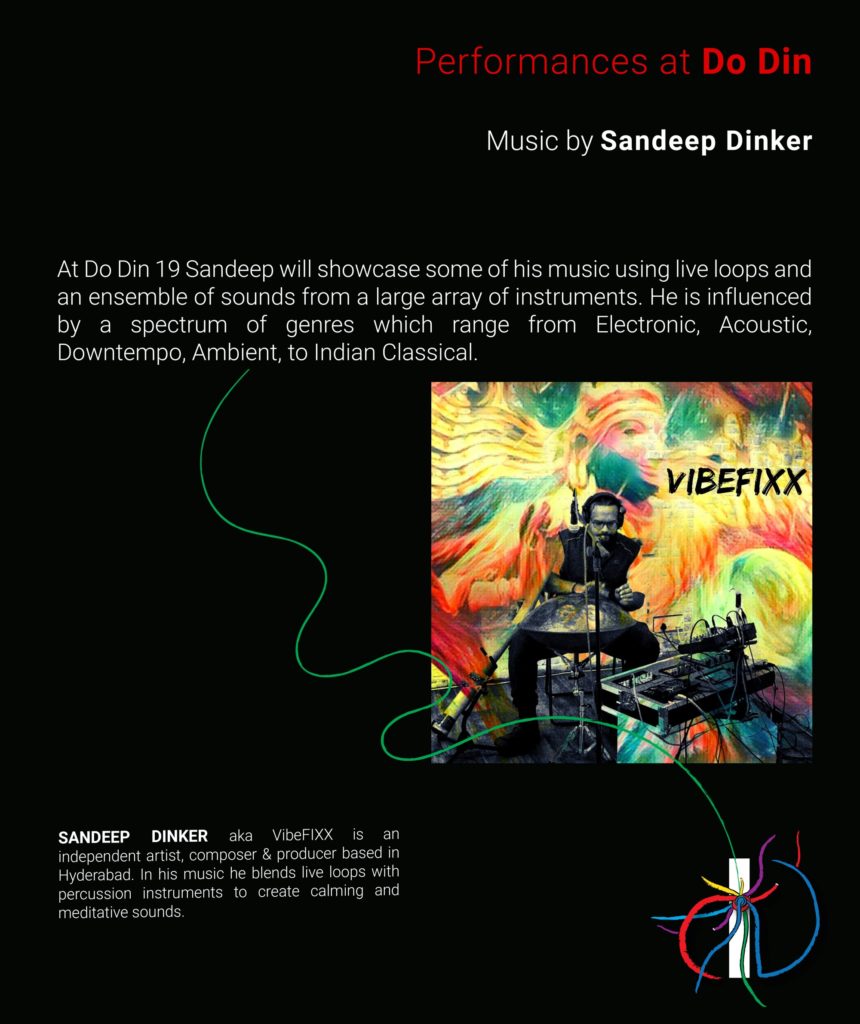
The performances will happen on 21st December
Movie Screening
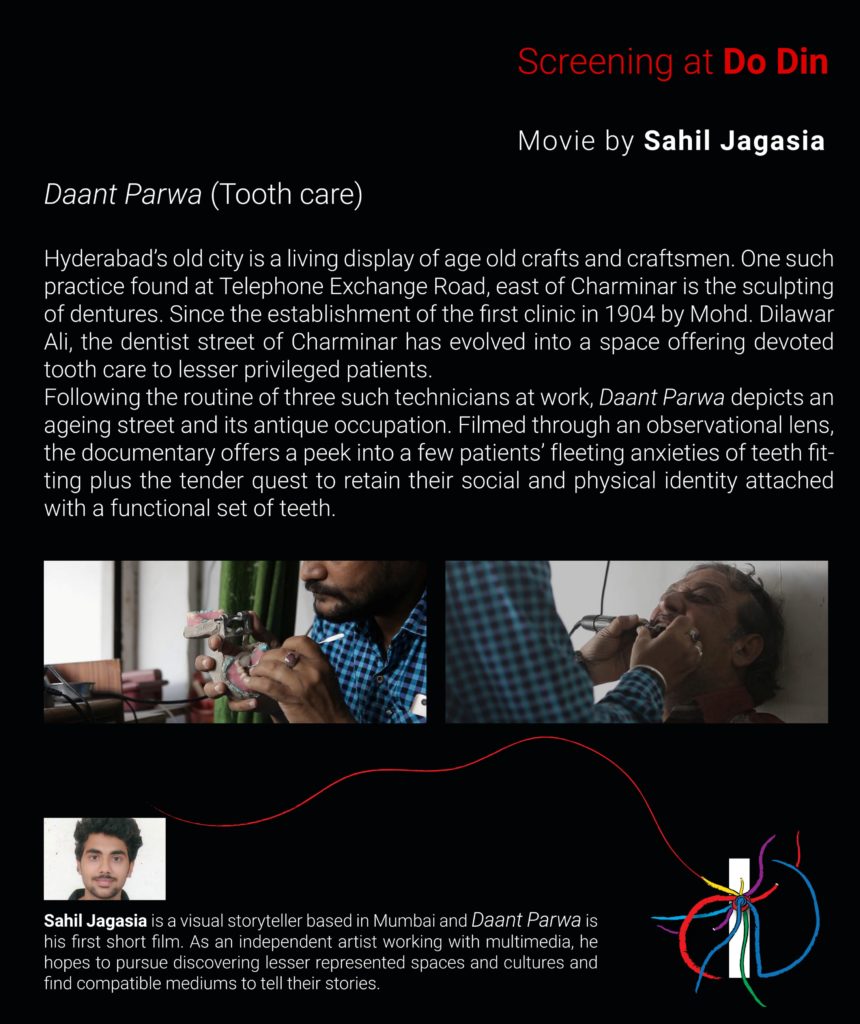
The movie will be screened on 22nd December
Sessions
Ek Akeli Kisi Sheher Mein
Ek Akeli Kisi Shehar Mein, come listen to Dr Amir Ullah Khan, former civil servant and development economist, speak about women and safety in the city from the point of view of labour mobility.
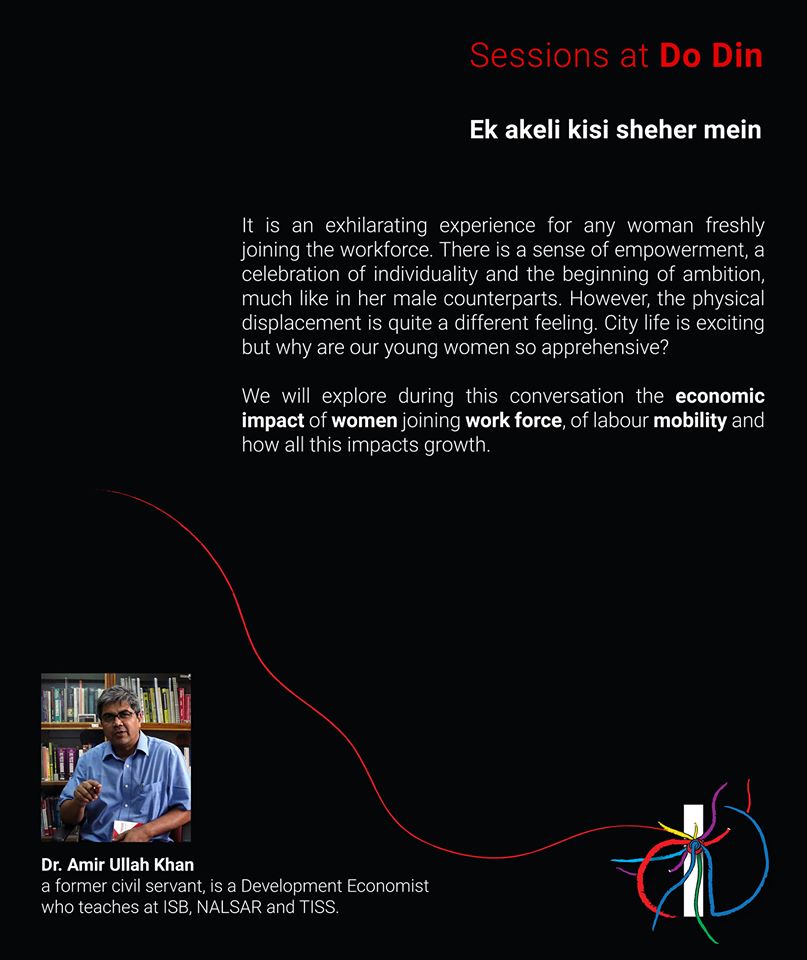
Infrastructures,disruptions and urban vision
This session is a conversation between Mankhurd an old neighbourhood in Mumbai and Gurgaon, a recent exurbia of Delhi. Or Bholakpur and Nanakramguda of Hyderabad, if you will. A city that has lived with the master plan for a long time, and a city that is expecting to be subject to a new masterplan. It is a conversation between Prasad Shetty and Mukta Naik, who approach the thick bound volume from two different directions, two equally profound approaches.
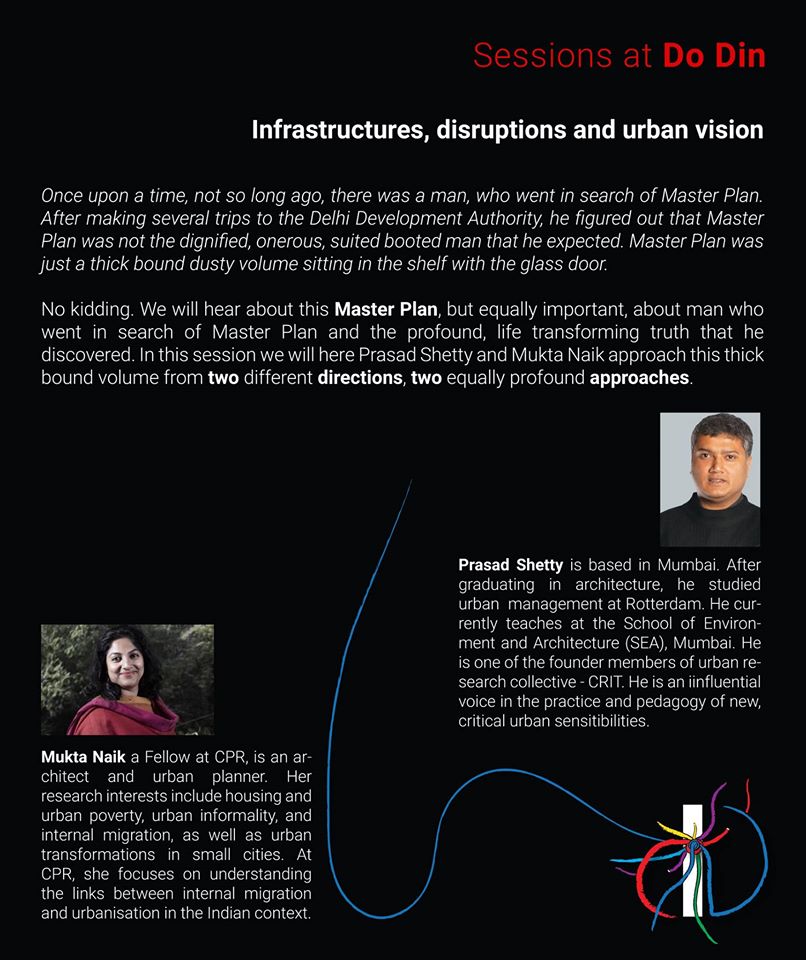
Data Deprivation or Data Apartheid
We have Teja Malladi, Swastik Harish, Harsha Devulapalli and Shamindra Nath Roy, Srinivas Kodali sharing each an expert in a different domain of spatial data sharing their stories on digital spatial data and democracy.
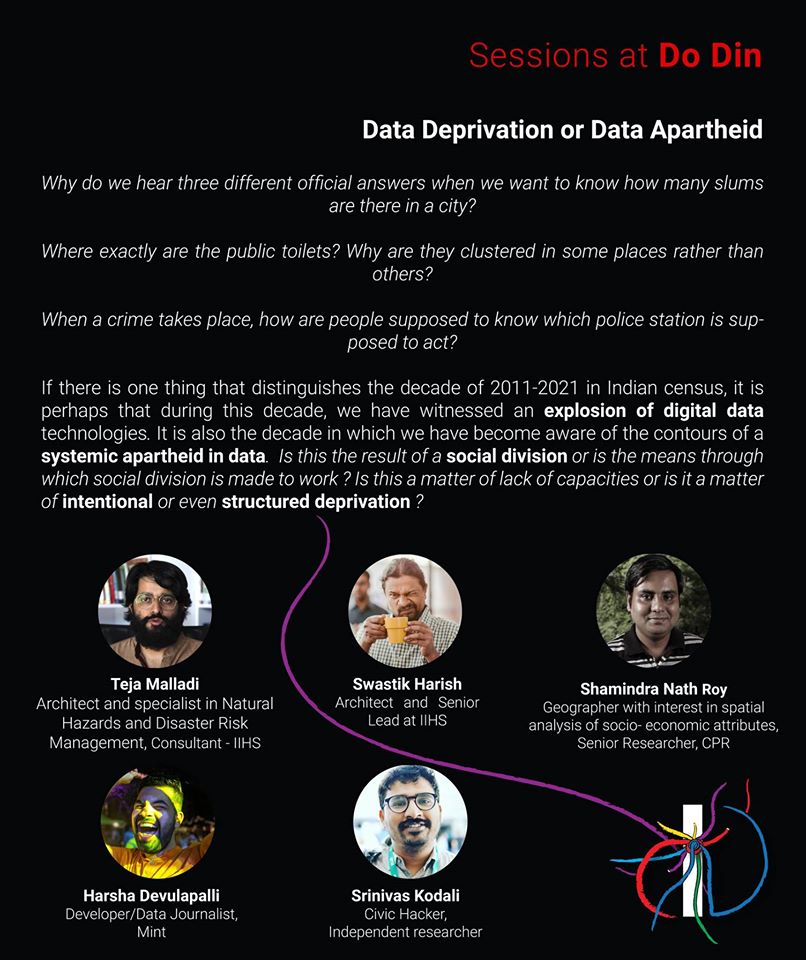
Mapping Mapusa Market
Orijit Sen will be discussing with us his Mapping Mapusa Market project which he worked on with students of the Goa University between 2013 and 16. We’ll see how art, mapping, game playing and other creative interventions can bring forward interesting ways of interpreting and talking about transformations in our cities.
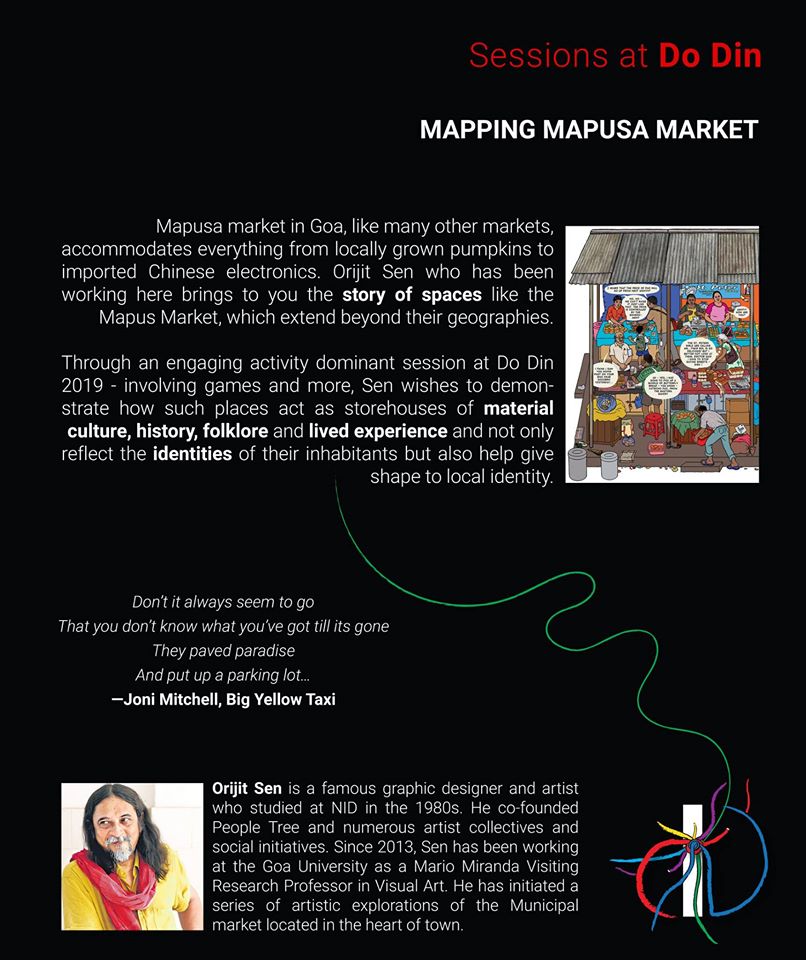
Sessions
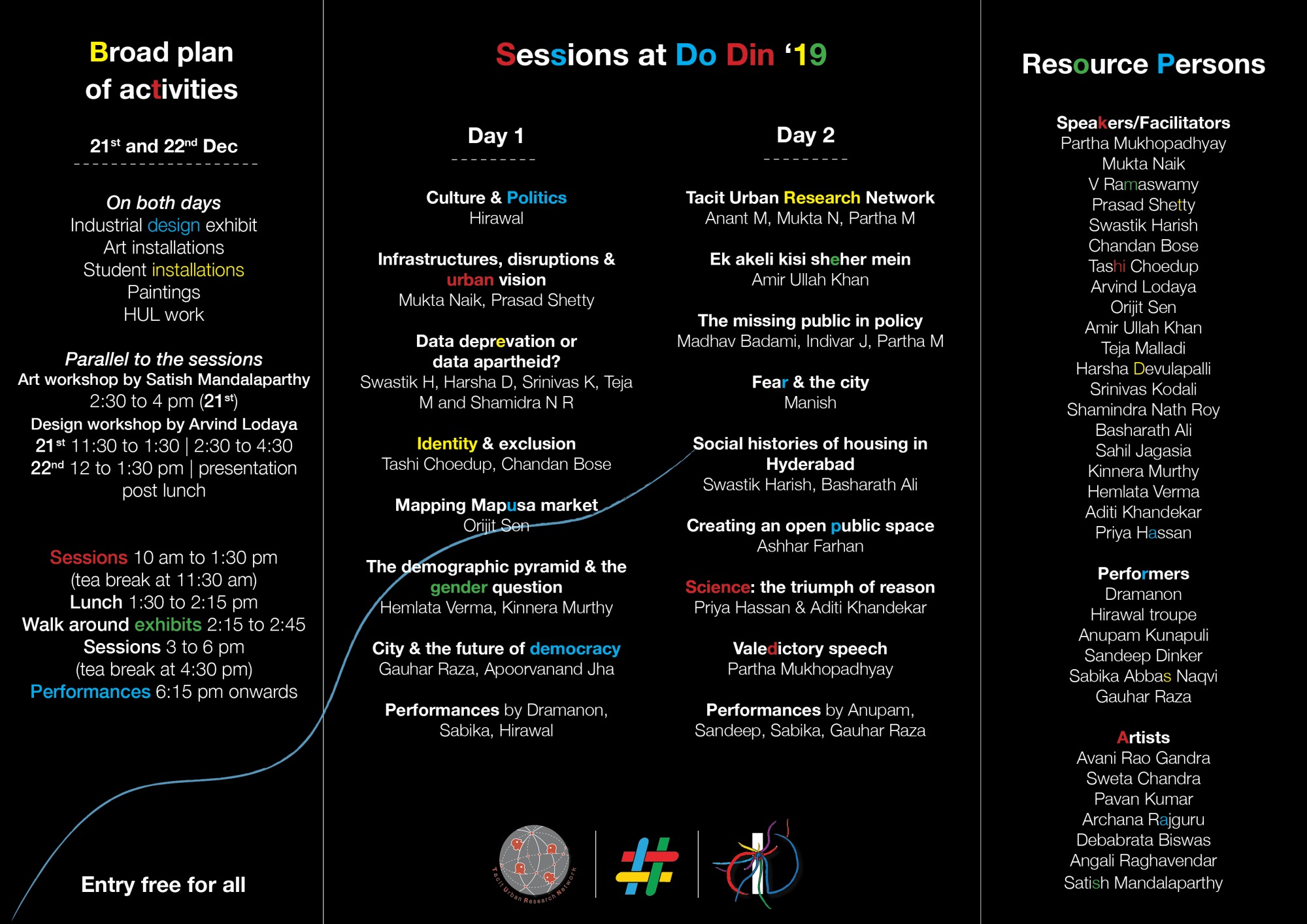
Schedule
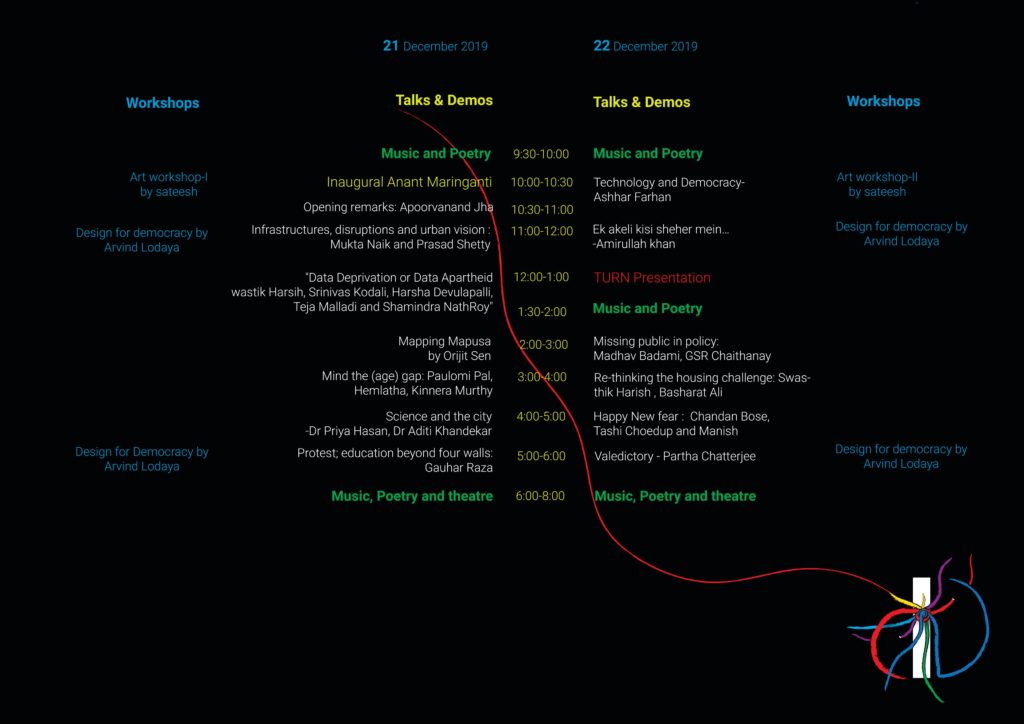
Videos of Sessions at Do Din
Mind The (Age) Gap
Technology and Democracy- Ashhar Farhan
Rethinking Housing Challenge– Basharath Ali, Swatik Harish and Indivar Jonnalgadda
Mapping Mapusa- Orijit Sen
Ek Akeli Kisi Sheher Mein– Dr. Amir Ullah Khan
Happy New Year- Tashi Choedup, Chandan Bose and Manish
Tacit Urban Research Network (TURN)
Valedictory
Data Deprivation or Data Apartheid- Shamindra Nath Roy, Teja Malladi, Swastik Harish, Srinivas Kodali & Harsha Devulapalli
Infrastructure, Disruptions and Urban Vision- Mukta Naik and Prasad Shetty
Protest and Education Beyond Four Walls- Gauhar Raza and Apoorvanand Jha
Partners for Urban Knowledge Action and Research (PUKAR)
Science And The City– Dr. Priya Hassan and Dr. Aditi Khandekar
The Missing Public in Policy- Sai Ratnam and Prof. Madhav Badami
Inaugural
Videos of Performances at Do Din 2019
HUL and TURN

Hyderabad Urban Lab (HUL) began in mid 2012 as a programme of the Right to the City Foundation (TRTCF), a public charitable trust based in Hyderabad. The primary aim of the programme was to conduct research on urban issues in ways that would enable and validate knowledge production embedded in the here and the now of the urban.
In June 2016, through reincorporation as HULFT, the programme acquired a legal status. In spirit it has enabled us to continue to work towards the objectives that HUL set up for itself in 2012.
The HUL logo represents the urban grid, an interconnected network of resources and opportunities that should ideally be available and accessible to everyone who stakes a claim to them. In other words the logo represents the city as a space of resource sharing and opportunity generation for everyone that is part of it.

In 2017, Hyderabad Urban Lab became a member institution with the Tacit Urban Research Network (TURN) Project, along with Centre for Policy Research, Indian Institute of Human Settlements, and Tata Institute of Social Sciences, Mumbai.
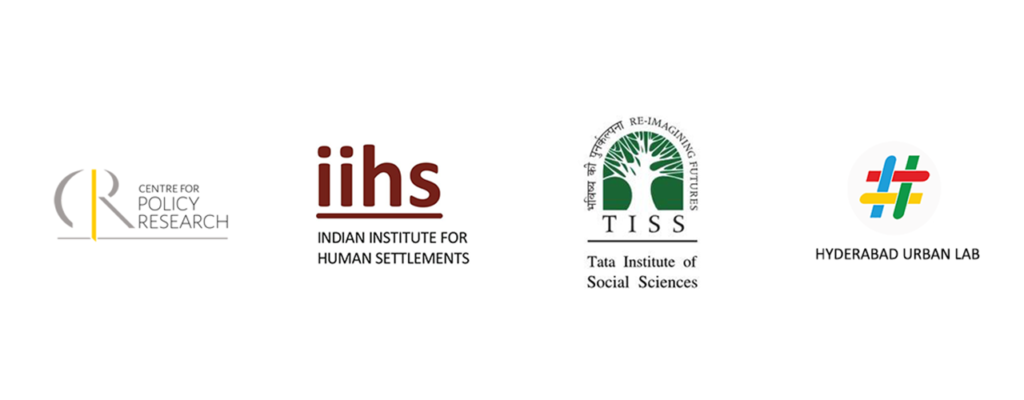
The research network aims to increase the visibility and understanding of hitherto ‘tacit’ knowledge about urban informality in India, and push for more inclusive policy frameworks.
HUL’s work in 2018-19 was shaped by the conceptual foundations and objectives of the TURN Project. Through orientation sessions for researchers and a series of in-house workshops on ‘Epistemology and Research’, HUL crafted its current work which broadly entails:
• Mapping patterns of changing spatial relations in the city
• Practicing community engagement
• Making visual representations of varying informalities within housing
• Developing manuals for understanding place and honing spatial imaginations
• Studying shared mobilities as a trust based utility
• Unearthing submerged knowledges and embodied work practices vis a vis water infrastructures
• Creating archival narratives of people’s movements (Calcutta)
Collaborating Organisations
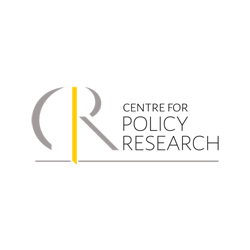
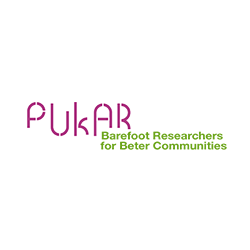
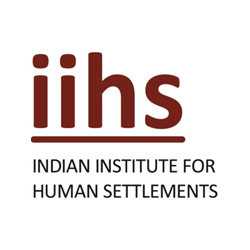
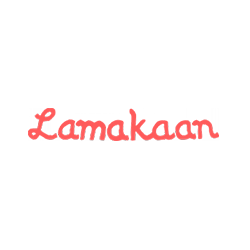
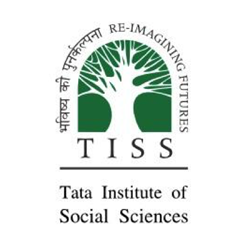

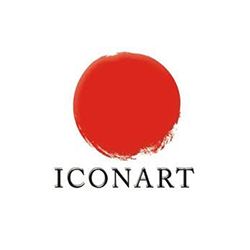
Participating Organisations
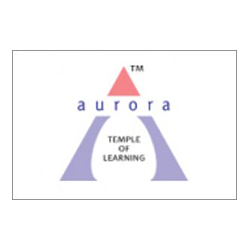
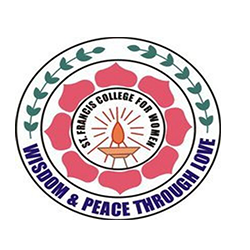
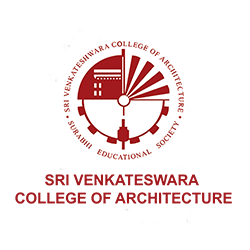
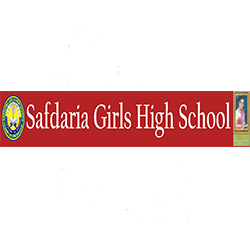
GALLERY
Sessions
Workshops
Performances
Support
Art Installation and Exhibitions
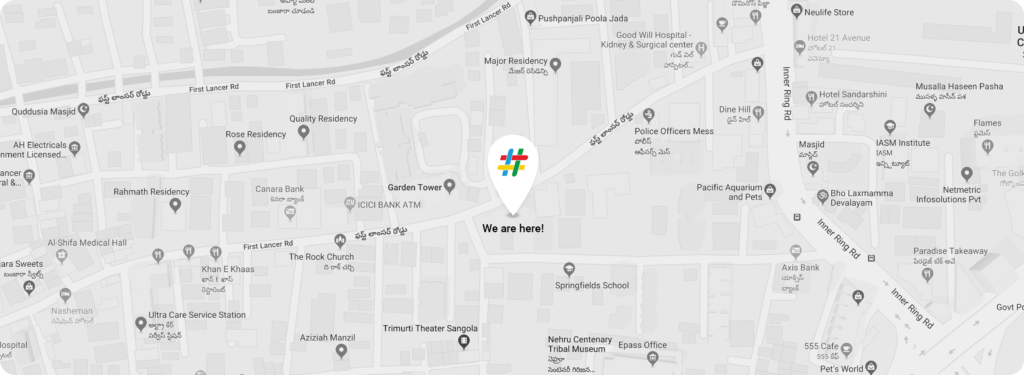
Address: 10-5-7/1, Gulshan-E-Khaleel, First Lancer Road, Masab Tank, Hyderabad
Phone: +91-40-23233993
Email: askhydlab@gmail.com